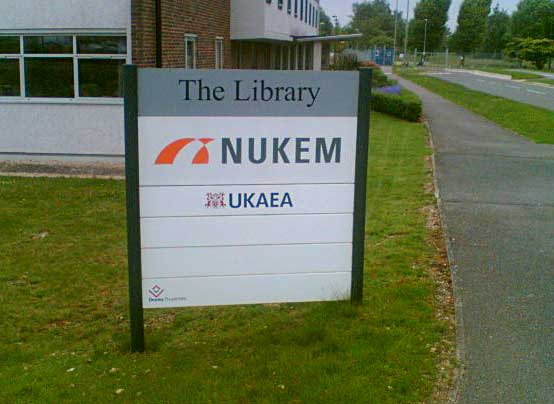Wow! Technology Review report:
A massive genetic study carried out in the United Kingdom has pinpointed 24 genetic markers that increase risk for illnesses such as diabetes, arthritis, and Crohn’s disease, a form of inflammatory bowel disease. The findings illustrate the success of a new approach to gene hunting known as genome-wide association, made possible by recent advances in gene-sequencing technologies. The results were published in this week’s issue of Nature.
“This is a powerful way of identifying genes for common diseases,” says Anne Bowcock, a geneticist at Washington University Medical School, in Saint Louis. “These genes will point to altered pathways that will then point to novel therapies.”
Scientists analyzed 500,000 genetic markers in each of 1,700 people, making it the largest such study to date. By comparing the DNA of 2,000 patients with one of seven different diseases–Crohn’s disease, type 1 and 2 diabetes, cardiovascular disease, hypertension, rheumatoid arthritis, and bipolar disorder–with 3,000 healthy controls, researchers identified 24 genetic regions strongly linked to specific diseases: one in bipolar disorder, one in coronary-artery disease, nine in Crohn’s disease, three in rheumatoid arthritis, seven in type 1 diabetes, and three in type 2 diabetes. Known as the Wellcome Trust Case Control Consortium, the project is a collaboration among 50 different research groups…
Wonder how long it will take insurance companies to start demanding genetic scans before providing insurance.


